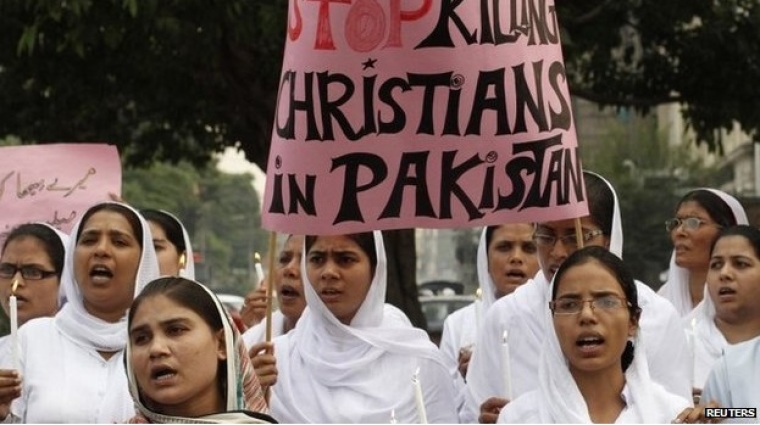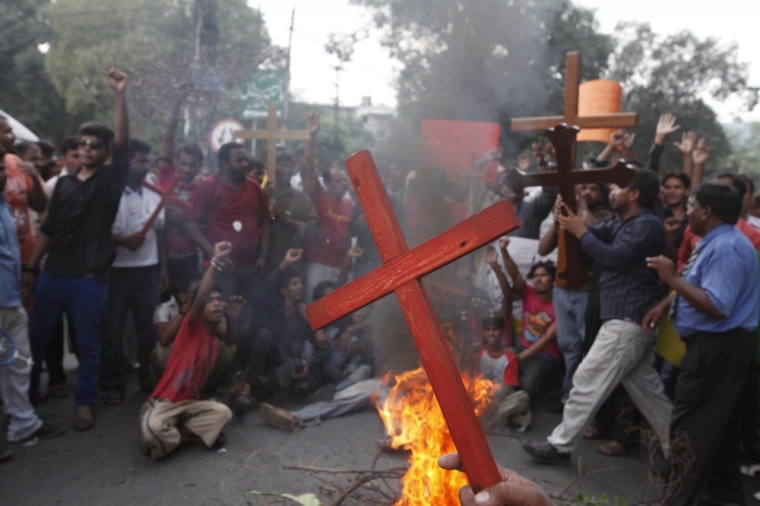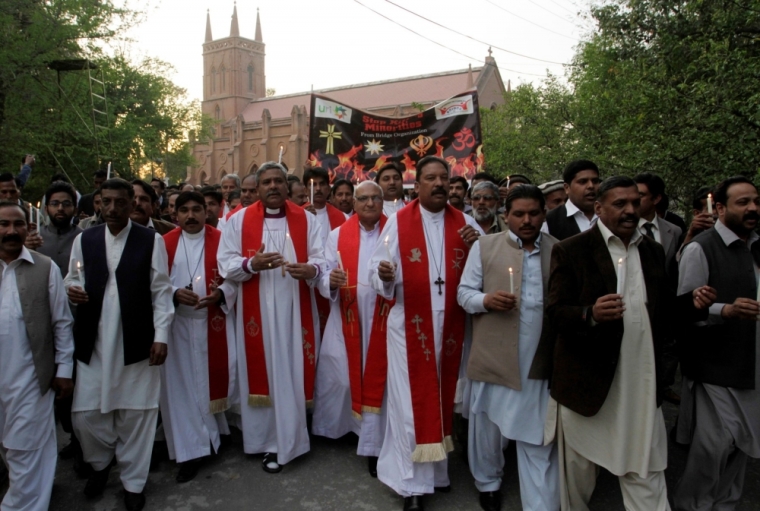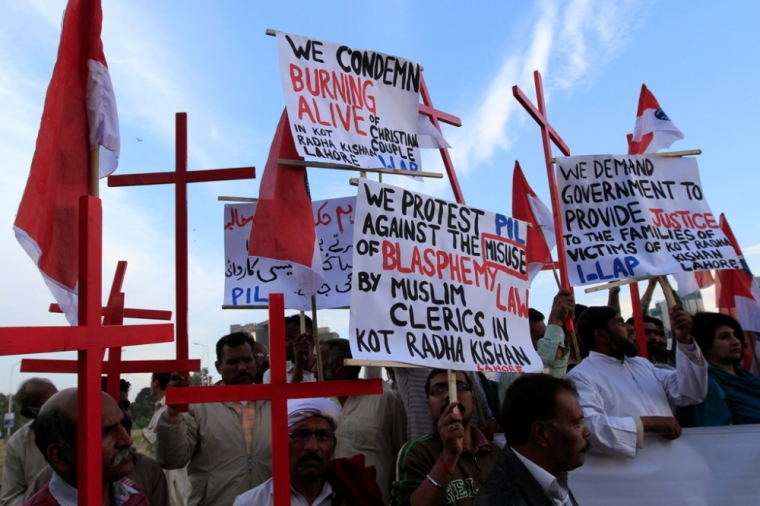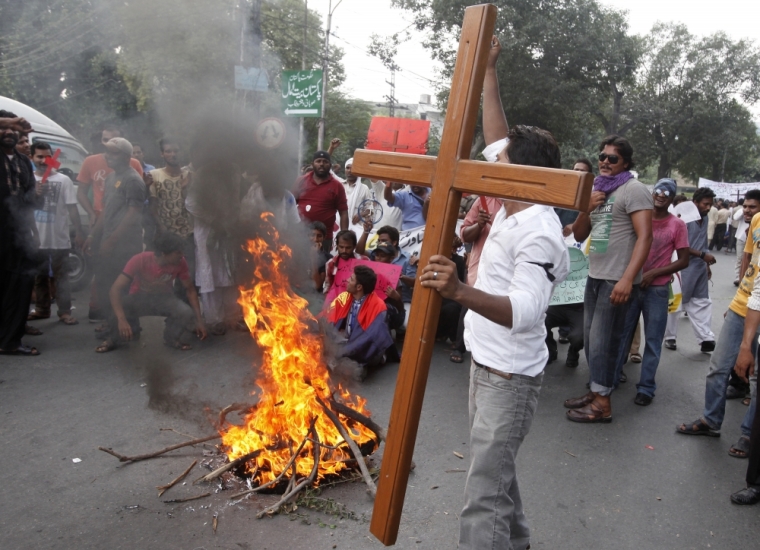Pakistan on Path to Reforming Blasphemy Laws Targeting Christians
Christian and human rights activists have hailed Pakistan's Supreme Court decision that the nation's notorious blasphemy laws, which have been used to target religious minorities, can be reformed.
"The court's judgment has provided hope to many that Pakistan may actually be able to reform its notorious blasphemy law. For many years, reform to the blasphemy laws was thought to be impossible because of the influence and fear of religious extremist groups in Pakistan. This recent judgement has opened the door for reform," said International Christian Concern's Regional Manager for South Asia, William Stark.
"Now, Pakistan as a society must take the next steps to walk through it. Christians and other religious minorities in Pakistan have historically suffered under the country's blasphemy laws. Disproportionately accused and convicted with little to no evidence, the call for adequate safeguards against false accusations is truly a step in the right direction," Stark added.
The three-judge bench said in its 39-page ruling that "Seeking improvement to a manmade law in respect of a religious matter for better or proper enforcement of such law does not ipso facto amount to criticizing the religious aspect of such law."
The ruling was part of a verdict in a high-profile case involving the killing of a politician with outspoken views on the blasphemy laws, The Wall Street Journal noted.
The judges warned that such "religious vigilantism" will greatly harm the rule of law in Pakistan, and warned that "tolerance stands depleted to an alarming level."
Christians and other minorities have been heavily targeted by the blasphemy laws, such as the case of Christian mother of five Asia Bibi, who was sentenced to death after a group of Muslim women accused her of insulting their faith.
There have been signs of hope in the Pakistani court system this past year as Bibi saw her death sentence temporarily suspended in July.
Wilson Chowdhry, president of the British Pakistani Christian Association, told The Christian Post at the time that the Bibi decision could be a "watershed moment" for Christians in the country.
"The legal precedent that may be created as a consequence of a successful appeal could provide protection to future Christian victims faced with cases championed by aggressive, hatred fueled Islamic imams, while actual false eyewitnesses fail to appear during any stage of the court process," Chowdhry told CP.
A number of other human rights groups praised the recent decision by the three-judge panel.
"It is yet another hallmark judgment by the Supreme Court after last June's famous decision by Chief Justice Tassadua Jilani that has potential of adding to the protection of citizens from violent religious extremism. Through this judgment, Justice Asif Saeed Khosa has ostensibly turned the tide on [the] oppressive environment against the discourse around rights and democratic values in this country," said Peter Jacob, executive director for the Center for Social Justice.
Naeem Shakir, a Christian high court lawyer and former defender of Asia Bibi, added: "This judgment by the Supreme Court is very encouraging and supportive for all those defending the victims of the blasphemy laws. It will promote the rule of law and is a message to all the extremists that the court will adjudicate such matters without fear and in accordance with the law."









